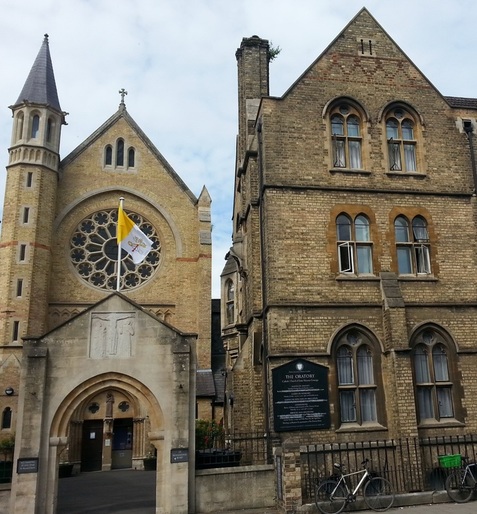 The Oxford Oratory flies the papal colors on this feast day of SS. Peter and Paul.
The Oxford Oratory flies the papal colors on this feast day of SS. Peter and Paul. A Galilean fisherman and a Hebrew scholar built up the Church Christ had founded, buttressing it with their own blood. That Church remains the only free institution among all human establishments. The Church is free, meaning capable of building a rationally-ordered society, the “western” civilization of law, education, and social justice that serves as the basis of every ordered society. Christianity offers principles that allow every culture to develop to their full potential. Kenya, where I just spent ten days, has benefited immensely from the Christian principles of human rights and rule of law, and yet it remains distinctively African. But no matter where in the world you go, formal dress for men includes a necktie. This simple sign of self-respect and respect for others came through King Louis XIV, who adopted its use by the Croatian soldiers defending Christian France from the Ottoman Empire. I was charmed to see scores of boys kneeling to receive Holy Communion at the Oratory church yesterday in their tweed jackets and frumpy neckties. True enough, neither St. Peter nor St. Paul wore neckties, but in the world culture developed from the Church they developed, a tie expresses the Christian virtue of respect for the human person.
At the core of this culture is a reverence for the “laws of nature and of nature’s God” in the words of our own Declaration of Independence. At the core of Christian culture is law, and not a law that we have invented, but a body of law that we write in accord with God’s fundamental Law, discovered through the use of human reason. Since the French Revolution, however, Europe has led a movement to throw off Christian culture and its understanding of law and freedom. It seeks to redefine “freedom” as mere “free choice,” the ability to do whatever I please. Pope Benedict wrote that freedom conceived as the mere absence of obligation would “inevitably play into the hands of fanaticism and arbitrariness. Absence of obligation and arbitrariness do not signify freedom but its destruction.”
Last week our Supreme Court redefined marriage as personal “intimacy” rather than public “service.” If the marital bond is only private intimacy, it cannot possibly sustain our culture. If marriage is not at the service of the family, we will lose the primary means of social order. We will be left with only with the government. Ordering society by government regulation rather than family love has already been tried in Soviet Russia. It didn’t work.
I’m sure the five Supreme Court justices have been asked: if marriage is essentially private intimacy, how can the Court deny a marriage license to a mother and son who feel such intimacy, or five men and a woman, or two sisters, or any other group of people who feel “intimacy” and want a marriage license? No one can deny the real feelings and commitments of same-sex couples, and to deny them marriage licenses does not have to be done disrespectfully. But if two men can marry, why can’t anybody else? The answer cannot only be that we disallow polygamy and incest because they tend to destabilize society. Only the natural family, open to children, has the inherent capacity to freely order (e.g., without government control) our lives together.
I suppose, after the Court’s redefinition of marriage, American society will go on pretty much as it has for the last 40 years, meaning: basic stability but slow disintegration. In this case, however, a major pillar has been removed from the edifice of western culture, a column placed by SS. Peter and Paul many years ago which has stood fast through many culture wars. Perhaps the column will be replaced in a few generations, when we discover its lamentable consequences.
God only knows the future of our culture and our society. Let us pray to the twin Apostles of Rome, and to St. Philip, while we’re at it, the third Apostle of Rome, that God preserve us from evil. He will provide and protect, in ways that we cannot know, and so we must maintain our peace and joy.







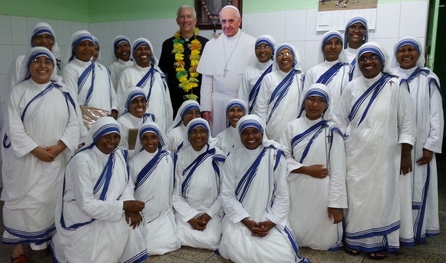
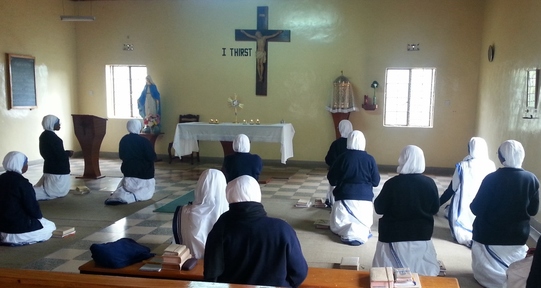
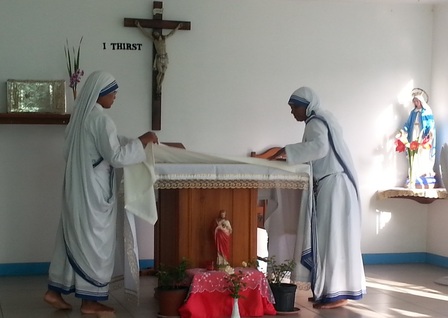
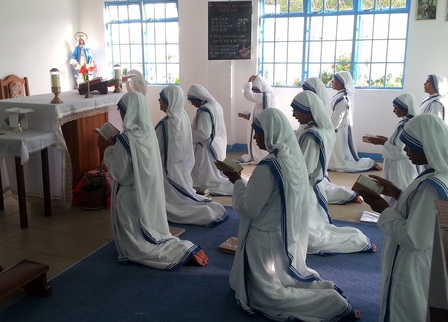
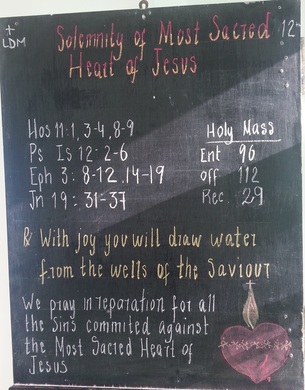

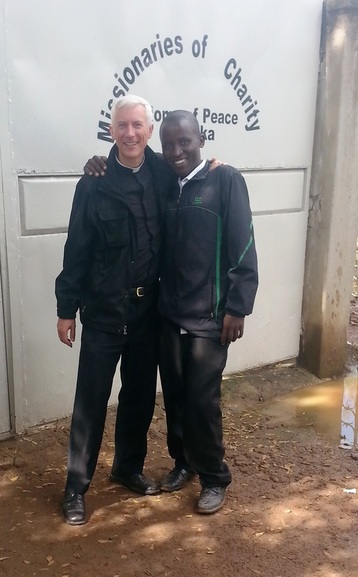
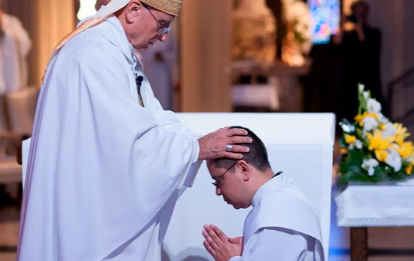
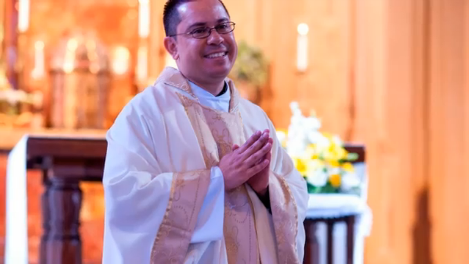



 RSS Feed
RSS Feed